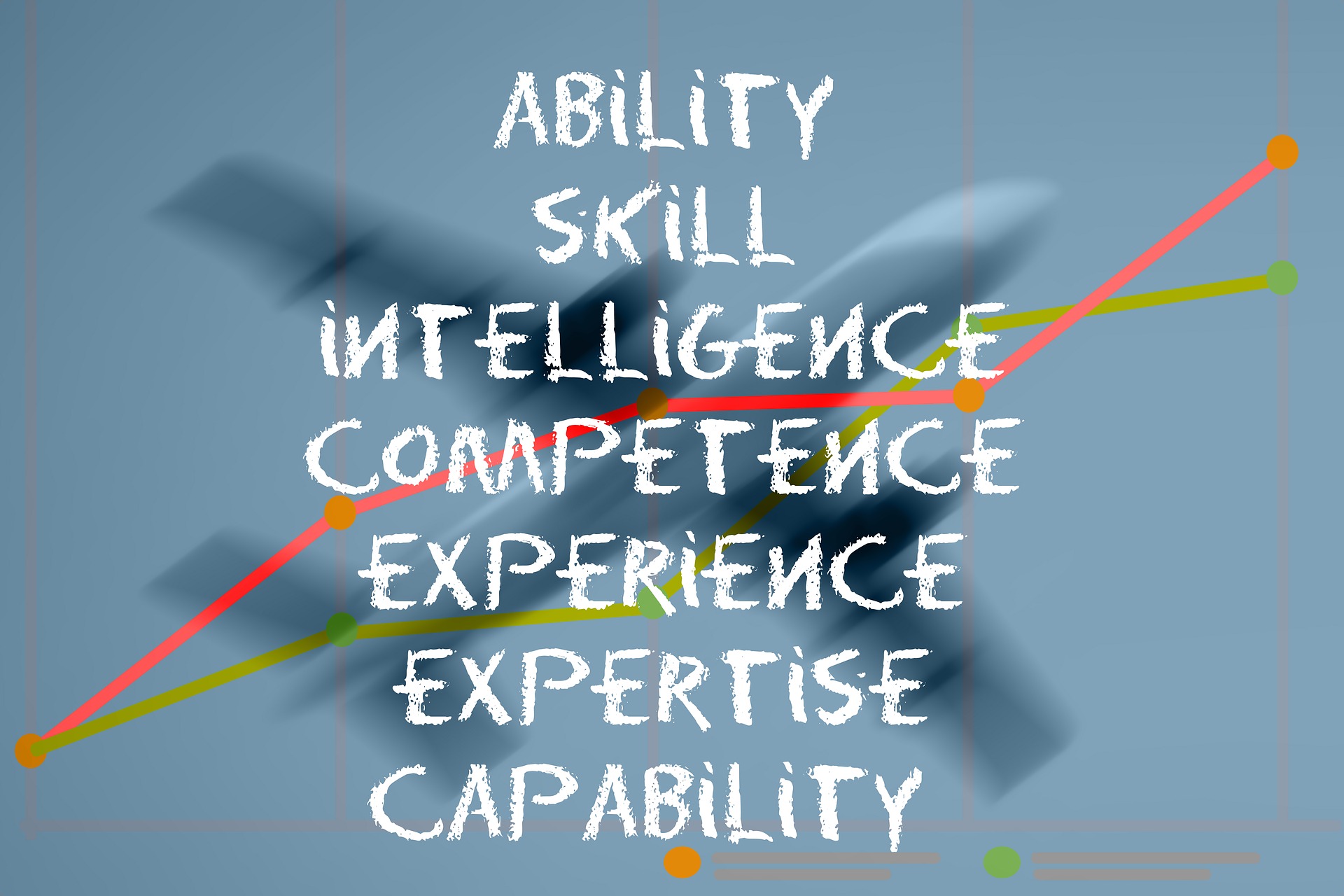CV Writing Dos and Don’ts
Are you sitting at your computer, ready to write or update your CV but are unsure what to include or how it should look? A CV is a marketing tool, promoting YOU and your ACHIEVEMENTS. It should accurately highlight your professional background, without overloading the reader. This can often be a difficult task, so we have put together some Dos and Don’ts to help add VALUE to your CV.
Before you start…
Remember that your CV is something that you should be confident in talking about in an interview. It is important that the information you share is accurate.








